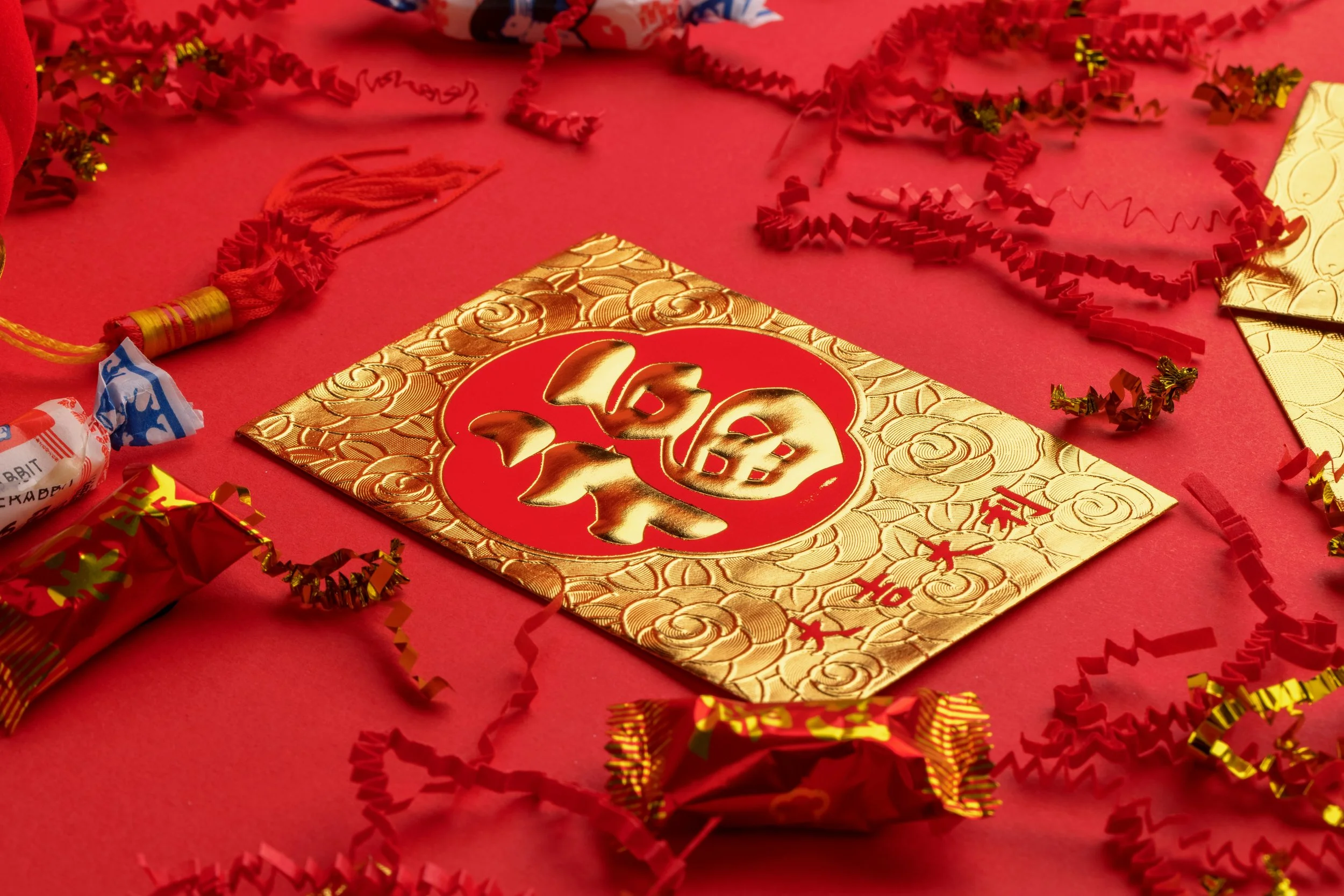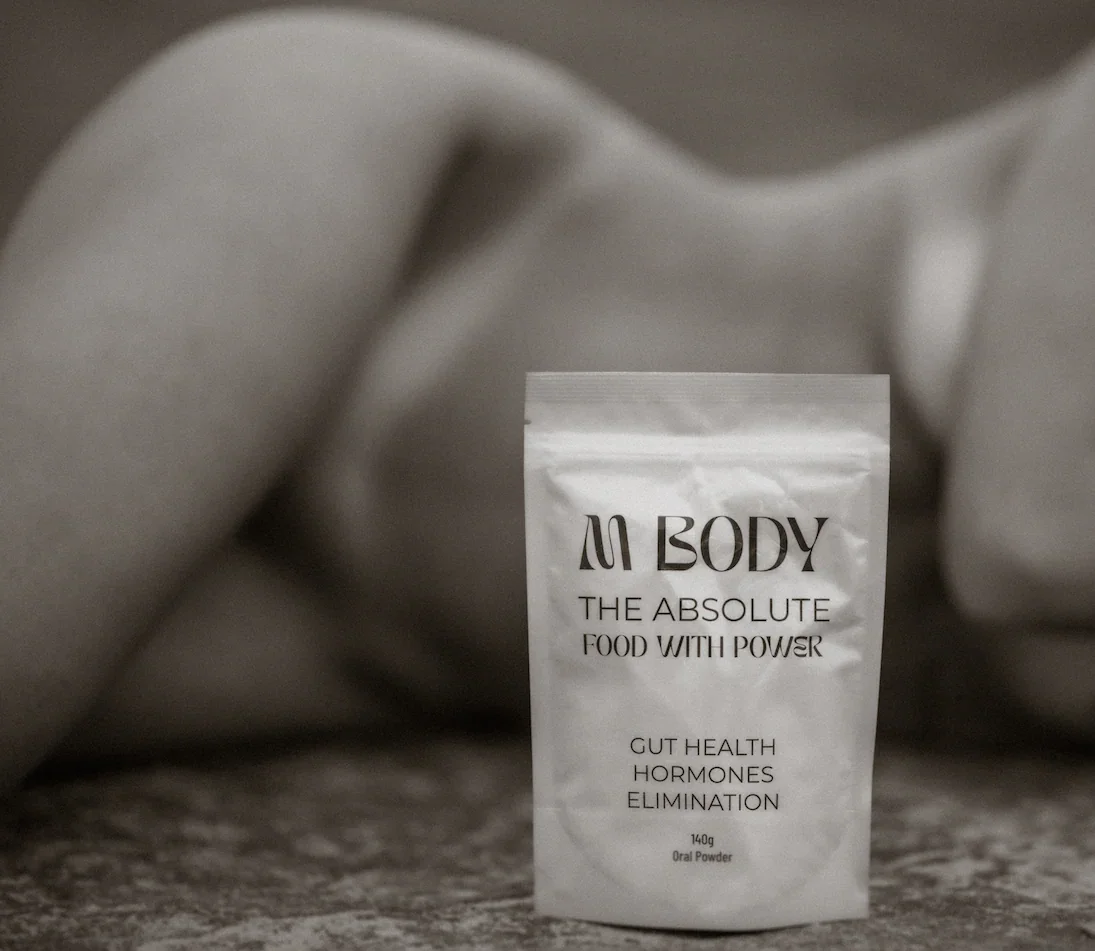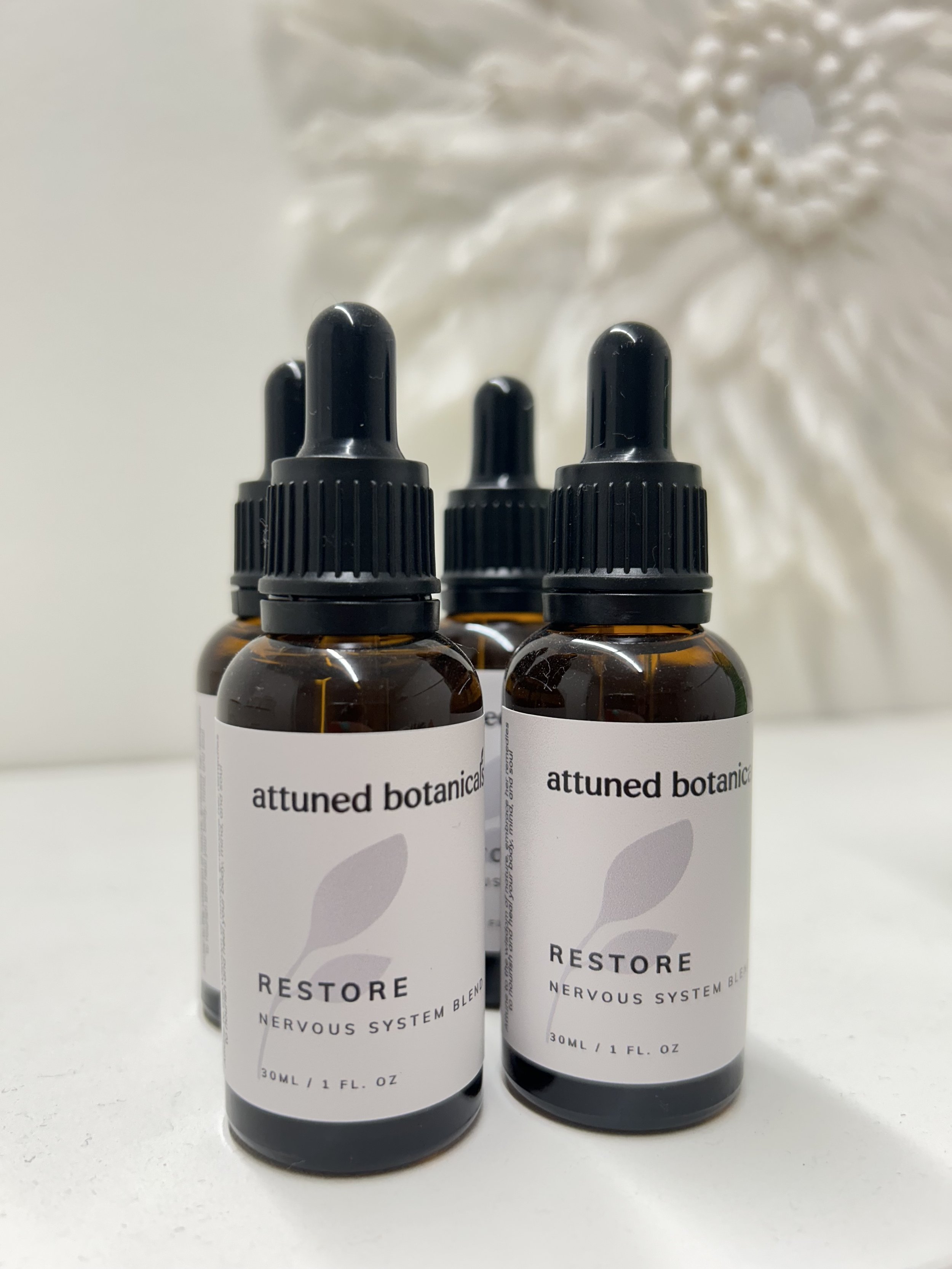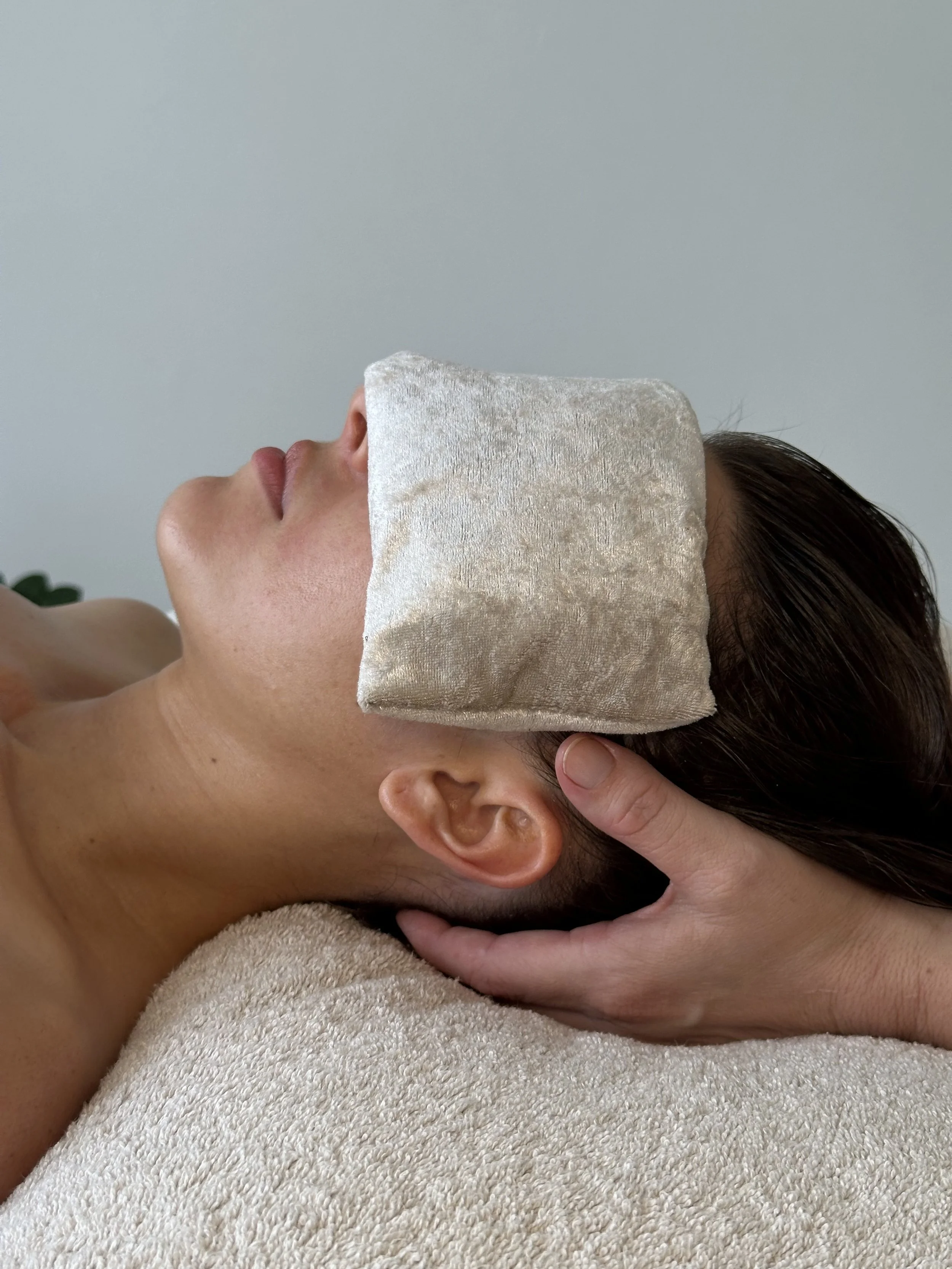Year of Fire Horse 2026
This year asks you to move differently. Channel your passion wisely. Create slow-burning embers rather than wildfire. Stretch moments out instead of seeking quick bursts that leave you depleted.
Stay grounded when fire tries to scatter you. Meditate. Process your emotions rather than letting them stir confusion in your heart.
Avoid what inflames you - heat-flaring foods, excessive caffeine, alcohol, doom-scrolling, fear-based media. These aggravate the fire and drain your qi.
Instead, harness this powerful energy through creativity, joy, emotional warmth, and meaningful connection. Work together. Stay open. Set aside differences.
Why your period is one of the “Three Golden Opportunities” from a TCM perspective.
There are three golden opportunities in a woman’s cycle — moments that, when tended to, can create clarity and resilience for future seasons of life. By paying attention to these, we can set the stage for smoother transitions postpartum, in perimenopause, and beyond.
MBODY Minerals- Women’s Health Event.
We were beyond excited to recently host the incredible founders of M BODY Minerals; Jess Blizzard & Nat Kringoudis for a night in the studio.
It's powerful when women can come together, discuss health candidly, and have a safe and inclusive space to ask their questions. No judgment here.
Seasonal Living - Early Spring in TCM
The seasons are shifting — and so are we.
The days are lengthening, the light is returning — and if you’re paying close attention, you might notice something shifting not just outside, but within you too.
As we move through the final stretch of winter, we find ourselves standing in the quiet, potent threshold between seasons.
In Chinese Medicine, this moment is marked by Lìchūn (立春) — the Beginning of Spring. Celebrated in early February in the norther hemisphere Lìchūn reminds us that all things begin anew. The frozen stillness of winter starts to thaw, energy stirs beneath the surface, and vitality returns after the season of deep rest.
In traditional Chinese culture, this is a time for gentle movement, nourishing food (think fresh spring rolls and radish), and planting the seeds of the year ahead — both literally and metaphorically.
“Glow From Within: How Light Therapy and Cosmetic Acupuncture Transform Your Skin”
All our Cosmetic Acupuncture treatments now include Light Therapy.
We thought it might be helpful to understand why we’re excited with this addition to improve the efficacy of your sessions.
Understanding LED Light Therapy: A Simple Guide for Our Clients
LED light therapy is a gentle, non-invasive skincare treatment that uses specific wavelengths of light to stimulate natural processes in the skin. Unlike lasers or intense pulsed light (IPL), LED therapy doesn't cause heat damage or require downtime.
How does Acupuncture Work?
A Medicine with History, Backed by Science
Acupuncture is one of the oldest continually practiced medical systems in the world, with a written history stretching back over 2,000 years. In TCM, health is seen as the dynamic balance of energy—known as Qi—flowing through pathways in the body called meridians. When this flow is disrupted or blocked, symptoms or illness can arise.
By inserting ultra-fine, sterile needles into specific points on these meridians, acupuncture seeks to restore harmony in the body. Each point has its own unique function, whether that’s calming the nervous system, improving digestion, regulating hormones, or supporting mental and emotional wellbeing.
While this energetic model might sound unfamiliar to the Western ear, modern research is catching up to what practitioners like Keri see every day in clinic: acupuncture works—and we now have growing scientific data to explain why.
Resourcing Your Nervous System – Small Shifts That Create Big Change
What Is Resourcing?
Resourcing practices are tools, movements, and intentional actions that support your nervous system in shifting toward a ventral vagus state which is a state of connection, ease, and grounded presence. They don’t need to be complicated and they are going to look different for everyone - because we are all have nervous systems that are wired differently, so what feels good and supportive for one person might make another person feel much more activated.
How to set Healthy Boundaries.
What are boundaries?
A boundary is a way of understanding what we want, need, like, dislike, and what is too much for us.
They are present in every area of our lives and can really support us in creating and maintaining healthy relationships.
Boundaries are not the same as walls.
They are the space between you and me that protect our energy, time, capacity, and emotional wellbeing.
We often focus on shutting people out when it comes to boundaries but really they are about us knowing where our own edges are (physically and emotionally) and communicating that with those around us.
When "Normal" Isn’t Good Enough: Understanding Your Blood Test Results
When "Normal" Isn’t Good Enough: Understanding Your Blood Test Results
If you’ve ever walked out of your doctor’s office clutching blood test results that say everything is normal, yet you still feel exhausted, foggy, or out of balance—you’re not alone.
As a Doctor of Chinese Medicine who has spent decades supporting women with hormonal issues, I see this all the time. The truth is, there’s a world of difference between blood test results that fall within the “normal range” and results that reflect optimal health.
The Difference Between “Normal” and “Optimal”
Blood tests are assessed based on reference ranges—values considered “normal” based on a broad population. These ranges are designed to flag severe deficiencies or disease, not to assess whether your body is thriving.
Cupping for Muscular Tension
Cupping is a traditional Chinese medicine therapy involving the application of suction cups to the skin.
It stimulates the flow of energy (Qi), improve blood circulation, and facilitate healing.
It stimulates the removal of interstitial accumulation. (Stuff stuck under the skin) from stress, exercise & illness.
It is also used in cosmetic acupuncture with much smaller silicone cups that create negative pressure, lifting sagging skin tissue, encouraging tone and collagen production and clearing lymphatic waste.
Acupuncture for Hot Flushes
Did you know that Traditional Chinese Medicine Practitioners have been treating women going through menopause for 1000's of years ?
The most talked about symptoms of hot flashes, insomnia, weight gain, brain fog and moodiness all have frameworks of treatment from a TCM perspective.
Along with the less taked about experiences of vaginal dryness, UTI’s pelvic pain & anxiety
The Australasian Menopause Society has this to say about Acupuncture -
“A meta-analysis of randomised controlled trials which is being published this month in Menopause, the journal of The North American Menopause Society (NAMS), indicates that acupuncture can affect the severity and frequency of hot flushes for women in natural menopause.” **
Finding Calm in Your Everyday
If you’ve been in for a treatment recently you would have heard us suggest so many different simple daily ways to pause, take a breath, reassess your energy and respond accordingly.
We will usually suggest building these into already existing moments in your day where there is a natural transition from one activity to the next.












